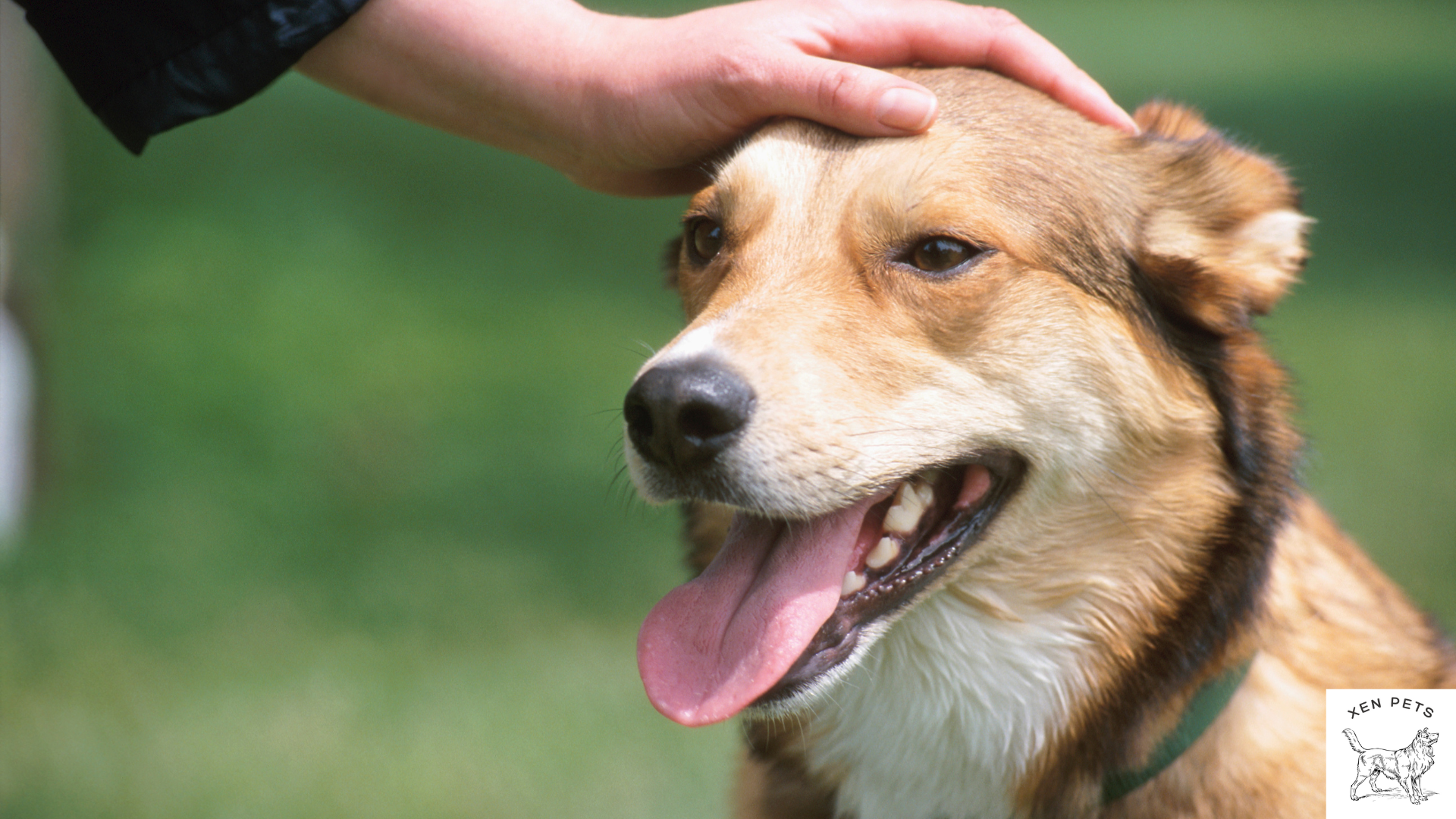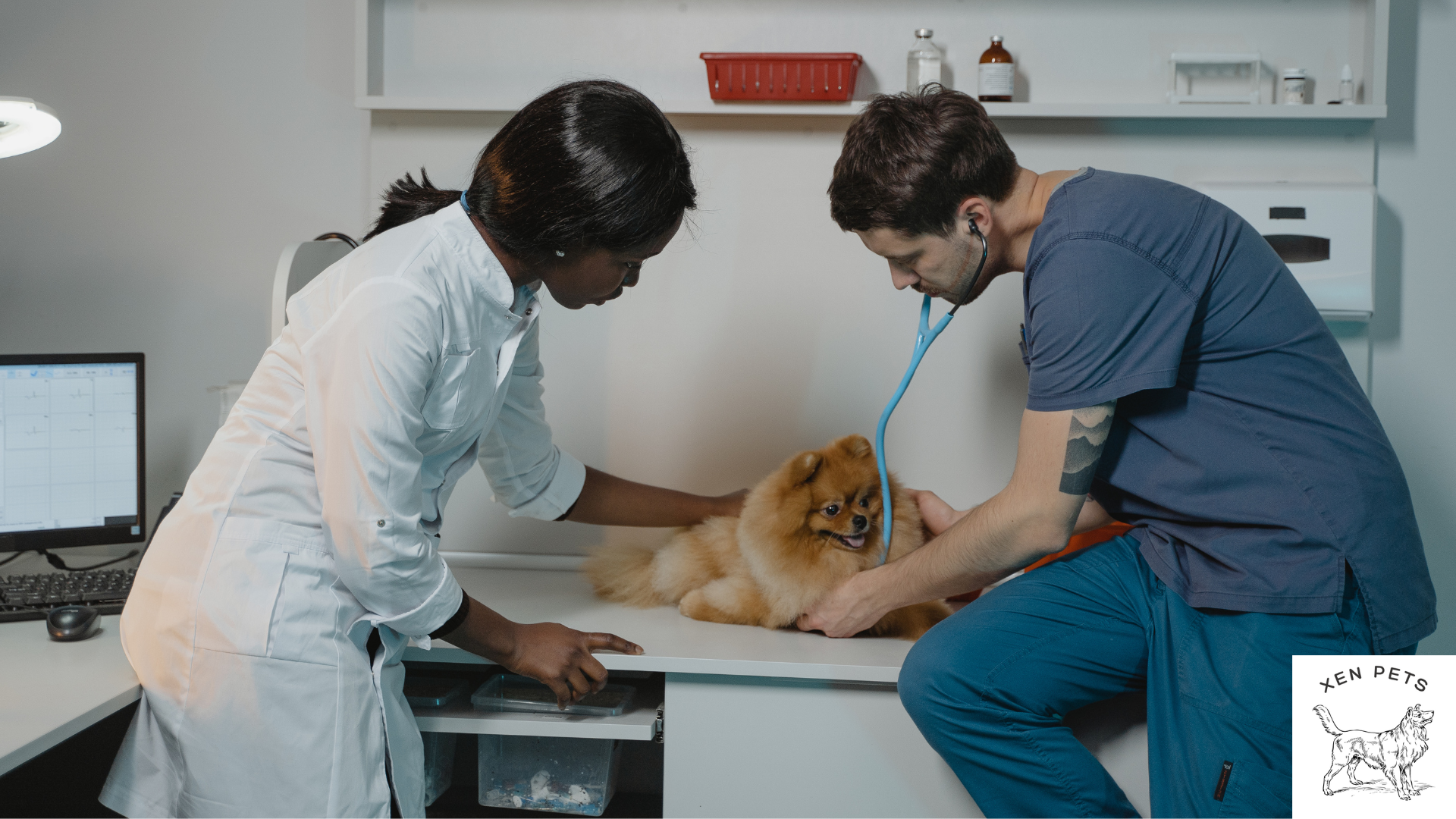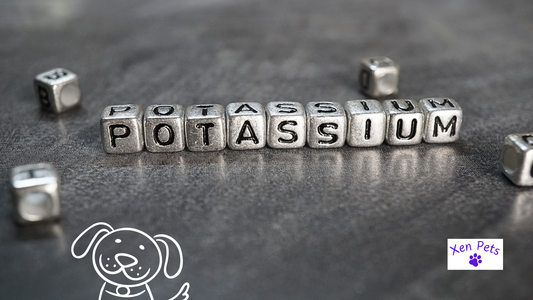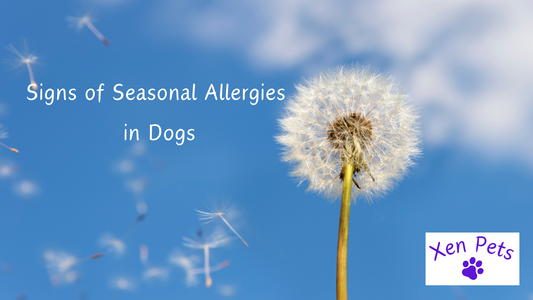Why Is My Dog Hyperventilating?
Tory JohnsonShare
My dog's breathing and hyperventilation can be a scary time. I've noticed an increase in panting and rapid breathing. Even when it doesn't seem like they've been exerting any energy.
Hyperventilation in dogs is a real thing and could signal underlying health issues or even stress. It's important to take note of these symptoms and understand why this might be happening.
In this article, we'll look at the possible causes behind hyperventilation in dogs so that you can ensure your dog stays safe and healthy.
What is hyperventilation?

Hyperventilation is a condition that occurs when a dog starts breathing rapidly and deeply.
This can lead to an excessive amount of oxygen entering your dog's lungs and circulating through your dog's body.
While it may sound like a good thing, hyperventilation can actually have negative effects, such as lightheadedness, dizziness, and difficulty breathing.
Hyperventilation can be triggered by a number of factors, including separation anxiety, stress, or even physical activity.
How to tell if your dog is hyperventilating
One way to tell if your dog is hyperventilating is through their breathing patterns.
When dogs hyperventilate, they breathe rapidly and heavily, which can be a result of metabolic acidosis. This means your dog's blood is becoming too acidic, and they may experience symptoms such as weakness, fatigue, and fast breathing.
Additionally, hyperventilation can be caused by stress and excitement, so it is important to monitor your dog's behavior in these situations.
By recognizing these signs, you can ensure that your dog is getting the proper care they need to stay happy and healthy.
How to stop a dog from hyperventilating

To help bring breathing back to normal, remove your dog from stressful or exciting situations.
If your dog is panting excessively, it's important to treat it as a serious illness and seek veterinary attention immediately.
Lastly, try to remain calm and relaxed even if you feel nervous. Your behavior can impact your dog's anxiety levels and exacerbate the problem.
Wrap Up: Why is my dog hyperventilating?

Ultimately, knowing what hyperventilation is and how to treat it can alleviate some worries you may have about your dog's breathing problems.
It's important to remain calm and speak gently when attending to your dog’s breathing difficulty. By monitoring your dog’s activity, detecting any triggers of hyperventilation early on, providing them with a comfortable and soothing environment, or by taking them to the vet for further assistance - will put your dog's health at the top of the priority list.
With that being said, it is always imperative that you keep a close eye out for any signs of potential distress in order to ensure your dog's safety and overall well being.
Has your dog ever hyperventilated? Let us know in the comments below.











